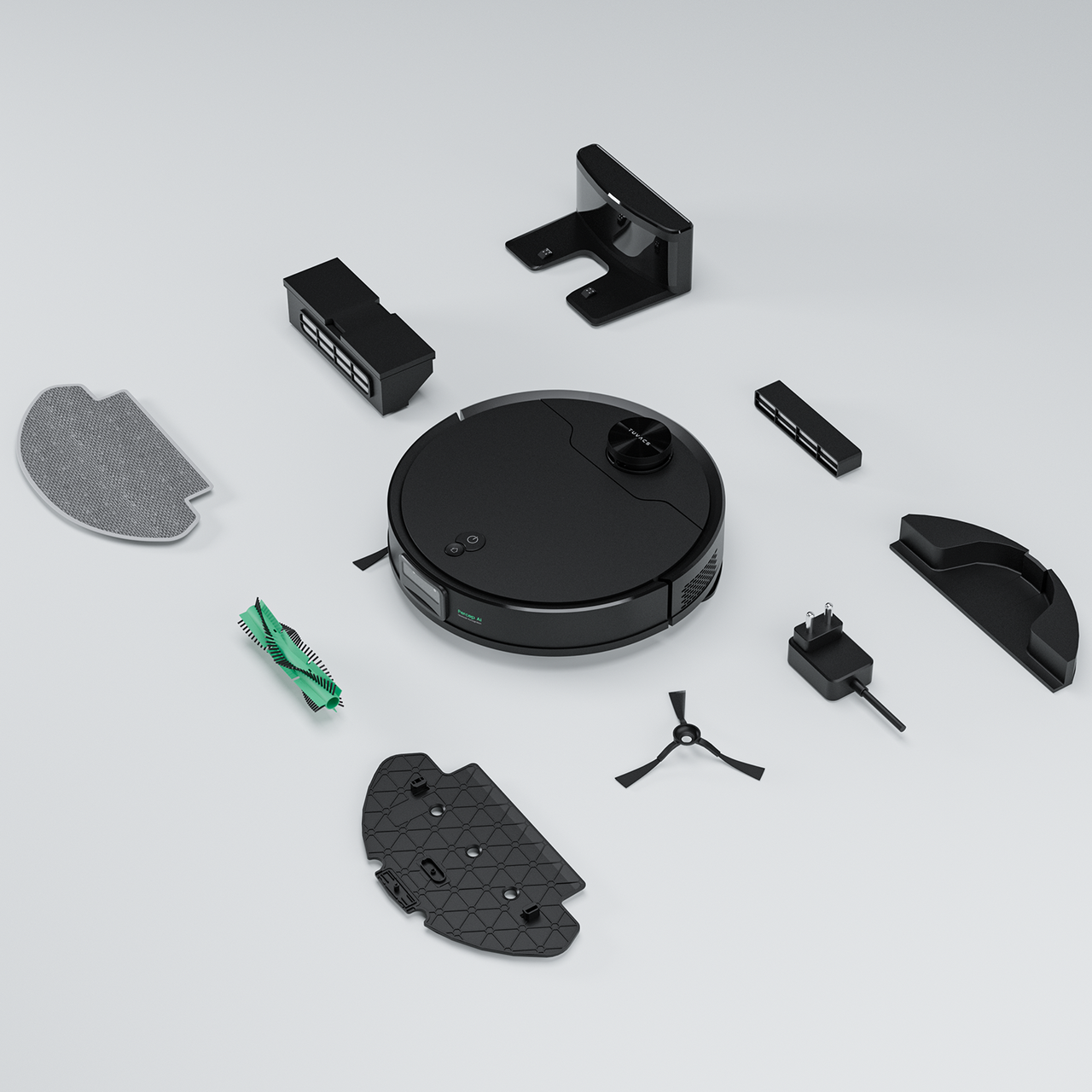
The flooring industry has seen a remarkable transformation in recent years, with vinyl flooring emerging as a popular choice for both residential and commercial spaces. As I delve into the world of vinyl flooring suppliers, it becomes clear that understanding their legal and regulatory attributes is crucial for anyone involved in this market. From compliance to contract enforcement, these elements play a significant role in shaping the operations of vinyl flooring suppliers.
Understanding Vinyl Flooring Suppliers: A Legal Perspective
Vinyl flooring suppliers are not just purveyors of stylish and durable floor coverings; they operate within a complex web of legal regulations that govern their business practices. These regulations ensure product safety, environmental standards, and fair trade practices. One key aspect is the Enforcement of Contracts, which dictates how agreements between manufacturers, distributors, and retailers are upheld legally. This framework helps maintain trust among parties involved while ensuring accountability throughout the supply chain.
Diving Deeper: LVT Flooring Production Line and Contract Enforcement
The luxury vinyl tile (LVT) production line exemplifies how intricate processes can be safeguarded through effective contract enforcement mechanisms. In this context, contracts outline specifications regarding materials used, production timelines, quality control measures, and delivery schedules. When disputes arise—whether due to delays or subpar products—the ability to enforce these contracts ensures that all parties adhere to agreed-upon terms. This not only protects supplier interests but also enhances consumer confidence in the products offered.
Find more about lvt flooring production line.
Boyu Extruder’s Role in Contract Enforcement

The Boyu Extruder stands out as an essential component within the realm of vinyl flooring manufacturing when discussing contract enforcement characteristics. Known for its efficiency and reliability in producing high-quality vinyl sheets or tiles, it operates under strict contractual obligations concerning performance metrics such as output rates and material integrity. Should any discrepancies occur during production—like equipment malfunction or failure to meet quality standards—the established contracts provide recourse options for affected parties to seek remedies or compensation.
Conclusion
In summary, navigating the landscape of vinyl flooring suppliers involves more than just selecting attractive designs; it’s about understanding their legal frameworks surrounding product distribution and contract enforcement. The interplay between compliance with laws like those governing LVT production lines—and specific machinery like Boyu Extruders—illustrates how critical these aspects are for maintaining operational integrity within this vibrant industry.



